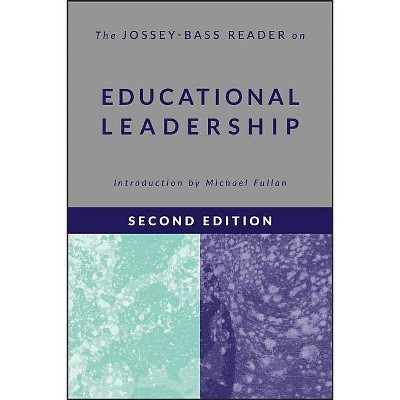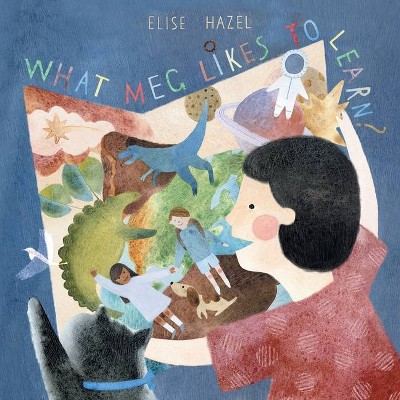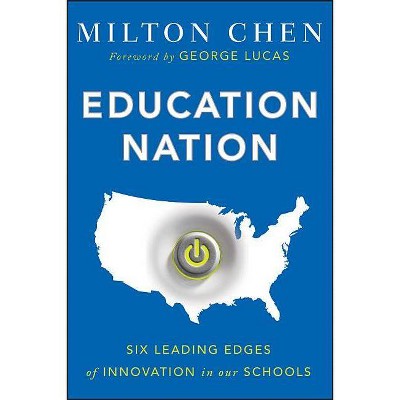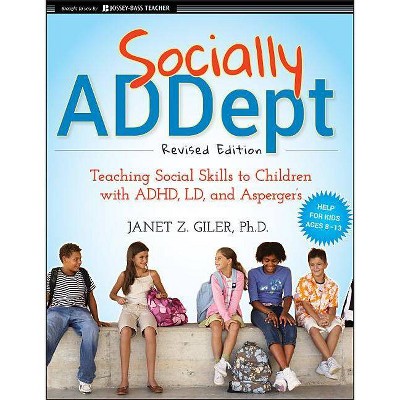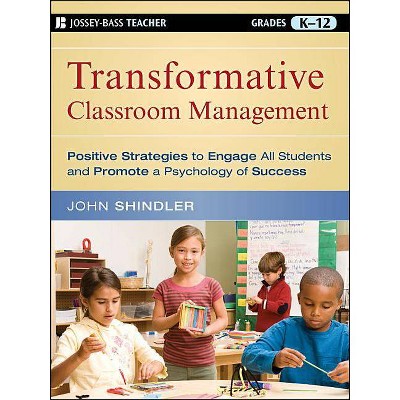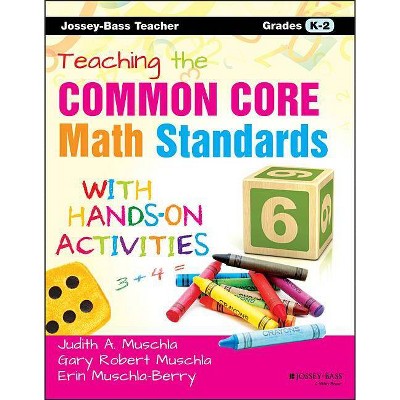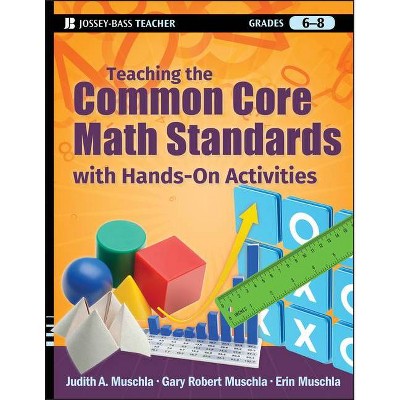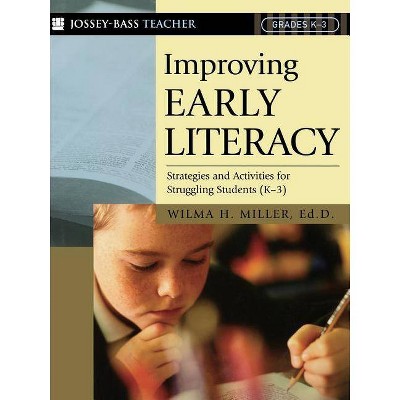Teaching How to Learn in a What-To-Learn Culture - (Jossey-Bass Teacher) by Kathleen Ricards Hopkins (Paperback)
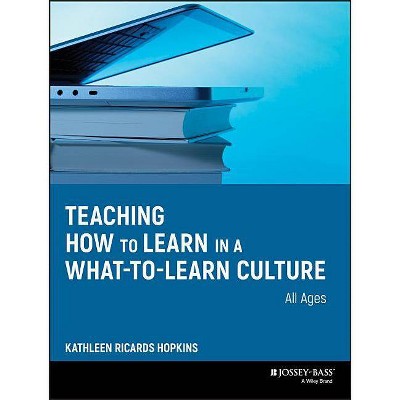
Similar Products
Products of same category from the store
AllProduct info
<p/><br></br><p><b> Book Synopsis </b></p></br></br><p>Practical ideas for teaching students the skills they need to really <i>learn</i></p> <p>This vital teachers' resource answers such questions as Can intelligence be developed? Do teacher expectations shape student learning? How can I make learning 'stick' for my students? Drawing from theory and research in learning, this book offers clear, practical guidance along with inspirational ideas to show how teachers can enable students to gain both the cognitive competence and confidence needed to succeed academically.</p> <ul> <li>Offers techniques for students to develop their reading, writing, and math abilities</li> <li>Provides suggestions for helping students build perseverance and diligent work habits</li> <li>Helps cultivate students' reasoning skills for problem solving</li> <li>Includes ideas for teachers to improve their students' verbal and written skills</li> </ul> <p>The book applies to any and all learners, including special needs students, and is richly illustrated with stories, activities, and examples from across the curricula.</p><p/><br></br><p><b> From the Back Cover </b></p></br></br><p><b>Can intelligence be developed? Do teacher expectations shape student learning? How can I make learning 'stick' for my students?</b> <p>In this thought-provoking, informative book, noted education expert Kathleen Ricards Hopkins provides teachers with a hands-on resource based on the latest research on how we learn. Hopkins offers clear, actionable guidelines for teachers to enable all students to gain both the cognitive competence and confidence needed to succeed academically. Using the metaphor of a skylight--a window leading to infinite possibilities--Hopkins provides down-to-earth techniques teachers can use to help students develop their skills as readers, writers, and mathematicians. Hopkins translates the theoretical ideas of Piaget, Vygotsky, and Feuerstein into practical suggestions for teachers to use with their students. Students will benefit from these principles, and teachers may find their cognitive abilities transformed as well. <p>As inspirational as it is practical, the book offers creative suggestions that help students build perseverance and diligent work habits. <i>Teaching How to Learn in a What-to-Learn Culture</i> is designed to apply to any and all learners, including students with special needs, and is richly illustrated with stories, activities, and useful examples from across the content areas. <p><b>PRAISE FOR</br> TEACHING HOW TO LEARN IN A WHAT-TO-LEARN CULTURE</b> <p>"Kathy Hopkins has a gift for bringing research to life with practical strategies for parents and teachers. Pay attention, folks, because our children desperately need to have you understand and apply the information in this book!"</br> <b>--JANE M. HEALY, Ph.D., </b> educational psychologist and author, <i>Different Learners and Endangered Minds</i> <p>"An important book for any educator who seeks both a theoretical understanding of mediated learning and the application of these principles in modern classrooms. Hopkins shares the development of her career as a teacher of teachers and how she goes about teaching students of all ages to think beyond basic memorization--and much, much more."</br> <b> --ROSA A. HAGIN, Ph.D., </b> research professor of psychology, Department of Psychiatry, New York University School of Medicine<p/><br></br><p><b> About the Author </b></p></br></br><p><b>THE AUTHOR</b> <p><b>Kathleen Ricards Hopkins, Ed.D., </b> is executive director of the National Institute for Learning Development (NILD), an international organization dedicated to meeting the needs of students who have difficulty learning, including those with and without specific learning disabilities.
Price History
Price Archive shows prices from various stores, lets you see history and find the cheapest. There is no actual sale on the website. For all support, inquiry and suggestion messages communication@pricearchive.us

